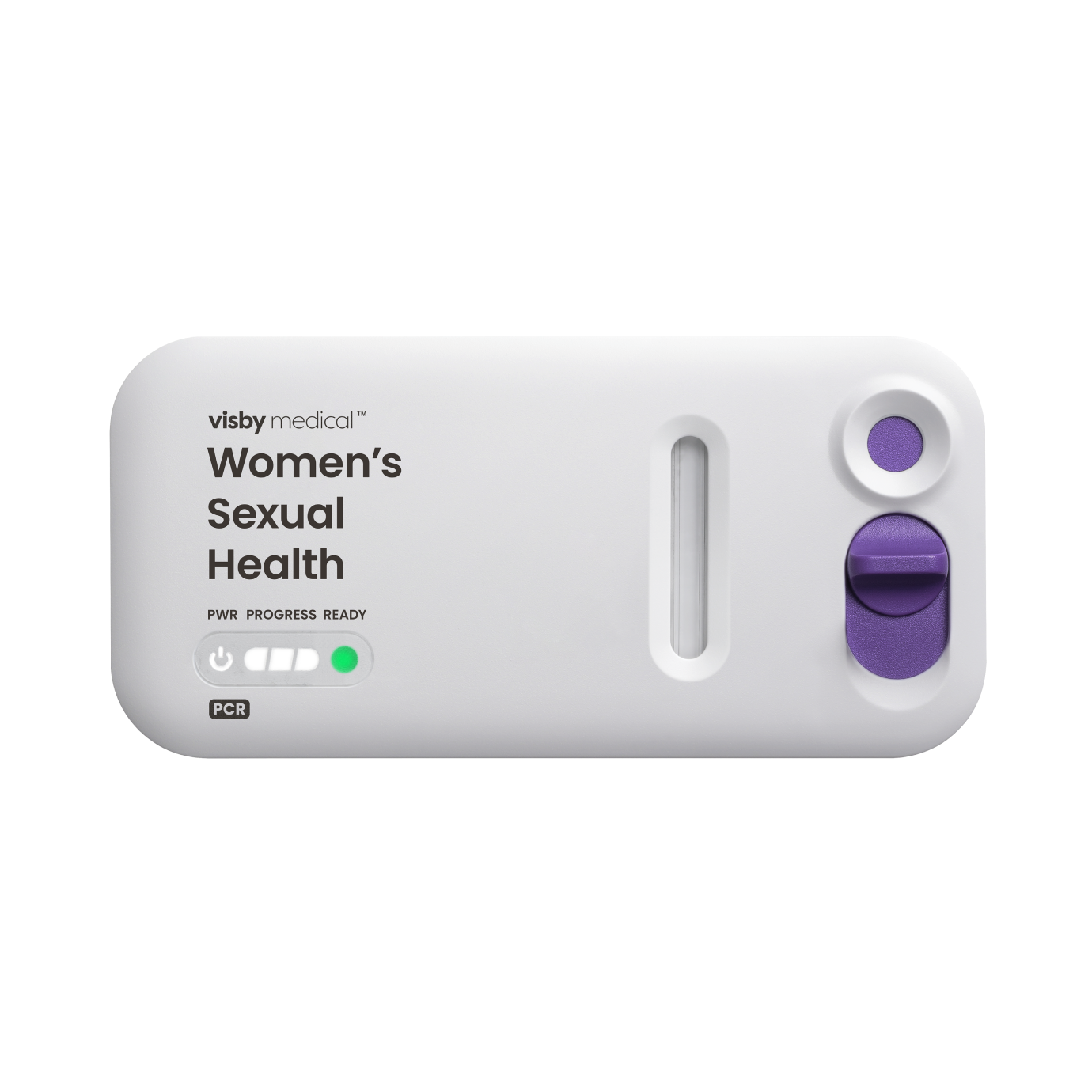Medically reviewed on September 30, 2022 by Karen Janson, MS, MD. To give you technically accurate, evidence-based information, content published on the Everlywell blog is reviewed by credentialed professionals with expertise in medical and bioscience fields.
Table of contents
- High blood sugar and infection
- High blood sugar and diabetes
- Diabetes and infection risks
- High blood sugar and other triggers
- Reducing the risk of infection in diabetic patients
- What to do when you’re ill
- Keep track of your blood sugar with Everlywell
- Related content
Infection and high blood sugar often go hand in hand. When your body is fighting an illness, your organs require more energy to battle the invading pathogen. This requires more glucose to be released into the bloodstream. If you have diabetes, however, a blood sugar spike caused by infection can lead to additional complications.
Can infection cause high blood sugar? Yes, but you can also take steps to keep your blood sugar levels manageable. Keep reading to learn more about how and why infection can cause high blood sugar levels and how maintaining homeostasis may keep potentially dangerous side effects at bay.
High blood sugar and infection
Infection is stressful to the body. In addition to the telltale fever and surge in antibody activity, the body responds to illness by releasing stress hormones such as epinephrine (adrenaline) and cortisol. These hormones, in part, increase blood glucose levels and insulin levels to provide enough fuel for the body to win the battle.
If an individual is otherwise healthy, this rise in blood glucose is not something to worry about and levels return to normal as the illness resolves. If you have diabetes, however, the change in blood sugar can potentially trigger other serious health problems.
High blood sugar and diabetes
Diabetes is the body’s inability to control blood sugar levels due to a lack of insulin production (type 1 diabetes) or the development of insulin resistance (type 2 diabetes). When your body is unable to use insulin to maintain normal blood sugar levels, the resulting hyperglycemia (excess sugar) can bring about serious health problems.
If you have diabetes, or are at risk for diabetes, it’s important to take extra care of your health to maintain balance in the body. Homeostasis is sustained through monitoring, lifestyle choices, and medications that help keep your blood sugar regulated.
Diabetes and infection risks
People with diabetes are prone to more frequent, and more serious, infectious diseases than those without blood glucose control problems. In addition, some infections appear to occur most frequently in diabetic patients, or have special characteristics when they develop in these patients. [1] These infections include:
- Fungal infections of the ear, nose, mouth, throat, and skin
- Aggressive infections of the ear canal
- Urinary tract infections, including fungal infections
- Bacterial infection of muscle
- Foot infections
Elevated blood sugar levels are thought to impair many of the body’s natural immune defenses, increasing the risk of viral, bacterial, fungal, and parasitic infections. The rise in blood glucose level that occurs with each new infection worsens this effect.
High blood sugar and other triggers
Despite your best efforts, additional internal and external factors may cause your blood sugar levels to rise. Here are some triggers that can raise your blood sugar, according to the CDC: [2]
- Caffeine, in some individuals
- Dehydration
- Time of day, especially very early mornings and evenings
- Lack of sleep
- Stress
- Gum disease
Maintaining a healthy lifestyle and keeping a close eye on your blood glucose level through testing can help keep your blood sugar in check. Those healthy habits can also give a boost to other areas of the body, promoting holistic wellness.
Reducing the risk of infection in diabetic patients
Preventing illness, by minimizing risk factors, is the best way to avoid the infection–elevated blood sugar–infection cycle. Certain steps are recommended for diabetics to lower their HbA1c (a measure of their average blood sugar levels the past three months) and avoid infection: [3]
- Monitor blood sugar levels through glucose and HbA1c testing
- Follow a healthy lifestyle including nutrition, hydration, exercise, and sleep
- Practice excellent hygiene, especially hands and feet
- Examine your feet for symptoms daily, and protect them with clean socks and good shoes.
- Take medication as prescribed by your healthcare provider
- Never share your insulin pen
- Stay up to date on vaccinations
- Seek medical care when illness or injury strikes
What to do when you’re ill
Even when we do our best to stay well, sometimes we just can’t avoid illness. If you find yourself down and out with an infection, the CDC recommends the following tips for a quick recovery: [4]
- Stay hydrated including adequate water
- Schedule well-balanced meals and snacks
- Ensure adequate rest
- Keep track of your body temperature
If you are diabetic, you should also:
- Continue your medications
- Monitor yourself for symptoms of hyperglycemia or hypoglycemia
- Test your blood sugar, and urine ketones, as recommended by your healthcare provider and report abnormal results
If you notice more serious symptoms, such as a change in alertness, temperature over 101, trouble breathing, excessive vomiting and/or diarrhea, sudden weight loss, low blood sugar, or urinary ketones, seek medical attention. If left untreated, abnormal blood sugar levels may lead to more threatening conditions such as diabetic ketoacidosis, hypoglycemia, a blood infection or sepsis, or coma. [5]
Keep track of your blood sugar with Everlywell
Can infection cause high blood sugar? Yes, but you can do your part to give your body the tools it needs to fight infection while keeping your glucose at manageable levels. Glucose testing and Everlywell HbA1c test kits will help you understand your glycemic control.
At Everlywell, we empower you to take control of your health and wellness with our line of at-home tests and nutritional supplements. Through early detection, monitoring, and wellness support, we can aid you on your path to a healthier tomorrow.
Related content
Does caffeine affect blood sugar?
Can stress raise blood sugar levels?
Can high blood sugar cause headaches?
References
- Casqueiro J, Casqueiro J, Alves C. Infections in patients with diabetes mellitus: A review of pathogenesis. Indian J Endocrinol Metab. 2012;16 Suppl 1(Suppl1):S27-S36. doi:10.4103/2230-8210.94253. URL.Published March 16, 2022. Accessed September 26, 2022.
- 10 surprising things that can spike your blood sugar. Centers for Disease Control and Prevention. Updated July 28, 2022. URL. Accessed September 26, 2022.
- Diabetes, infections, and you. Association for Professionals in Infection Control and Endocrinology Website. URL. Accessed September 27, 2022.
- Managing sick days. Centers for Disease Control and Prevention Website. Updated February 28, 2022. URL. Accessed September 26, 2022.
- Su YJ, Lai YC, Liao CJ. Hazardous factors besides infection in hypoglycemia. Biomed Rep. 2017;6(4):480-484. doi:10.3892/br.2017.872 URL. Published March 13, 2017. Accessed September 26, 2022.
- Turk Wensveen T, Gašparini D, Rahelić D, Wensveen FM. Type 2 diabetes and viral infection; cause and effect of disease. Diabetes Res Clin Pract. 2021;172:108637. doi:10.1016/j.diabres.2020.108637. URL. Published Jan 13, 2021. Accessed September 26, 2022.
- Chronic kidney disease may cause diabetes. University of Montreal Hospital Research Centre (CRCHUM). URL. Published August 16, 2015. Accessed September 26, 2022.
Spotlight on
Featured content

86% of cancers aren't caught by recommended screenings. See what they're missing with a single blood draw.
Save $100 now
Explore Everlywell










